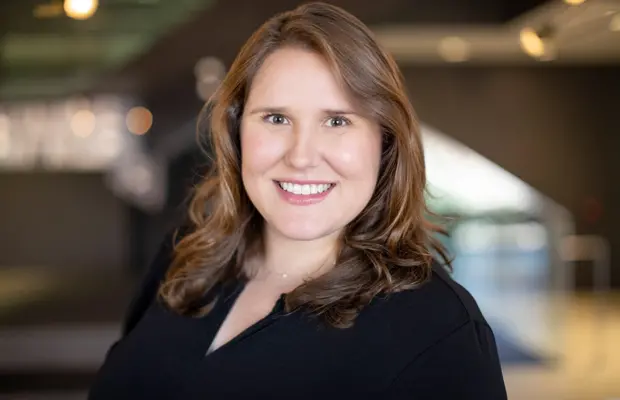What makes a great law firm?
Our clients tell us that it’s our depth of experience, unrivaled expertise, and success in helping them achieve their objectives. Our attorneys tell us that this is a terrific place to grow professionally and to practice their craft at the highest level.
As you will see, our attorneys have accumulated a tremendous array of accolades. We consider our highest accolade to be the appreciation of our clients.











